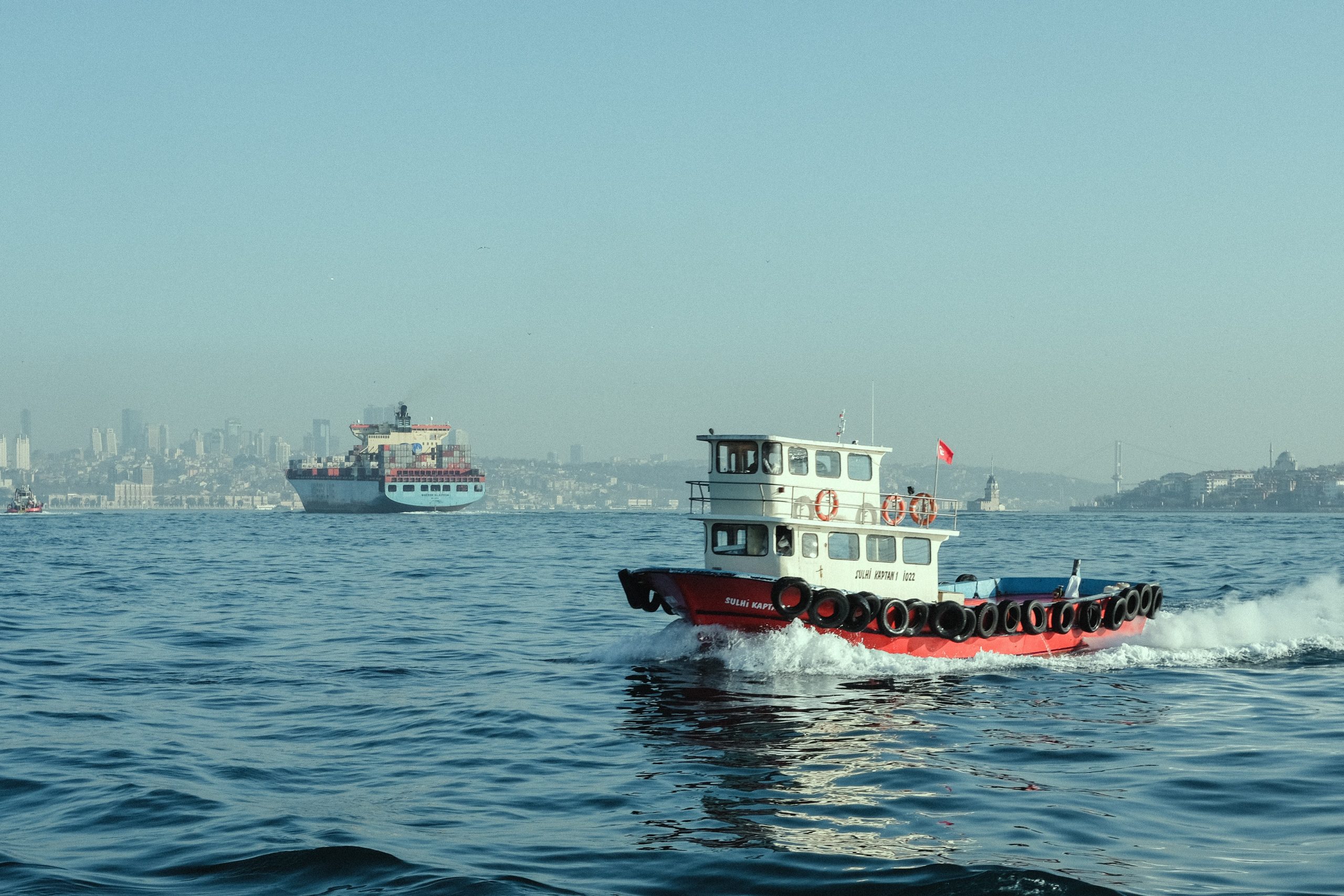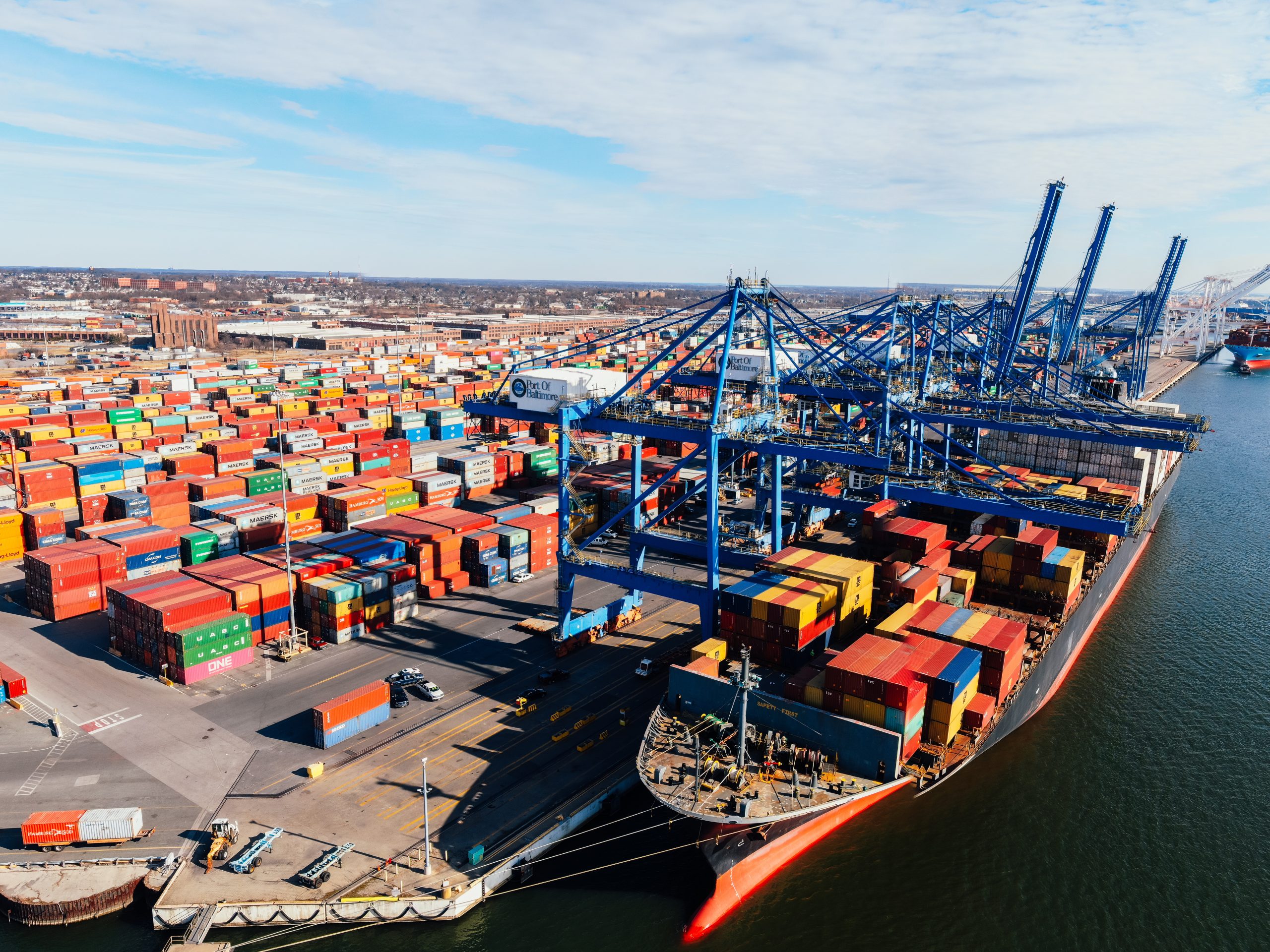8 Reasons Why Marine Equipment Maintenance and Repair is Important
Introduction:
The maritime industry relies heavily on the efficiency and reliability of marine equipment to ensure the smooth operation of vessels. Regular maintenance and timely repairs are crucial aspects of maritime management, directly impacting safety, performance, and the overall lifespan of the equipment. In this blog post, we will delve into the reasons why marine equipment may need maintenance and repair, emphasizing the significance of proactive measures in the maritime sector.
1. Wear and Tear:
Marine equipment operates in harsh and corrosive environments, constantly exposed to saltwater, extreme temperatures, and other challenging conditions. This exposure leads to inevitable wear and tear on various components, necessitating regular inspections and maintenance to prevent minor issues from escalating.
2. Corrosion and Rust:
Corrosion is a common challenge for marine equipment due to prolonged exposure to saltwater. Rust can compromise the structural integrity of critical components such as hulls, pipelines, and propulsion systems. Regular maintenance, including protective coatings and anti-corrosion treatments, is essential to combat these corrosive effects.
3. Environmental Factors:
Marine equipment is susceptible to damage from environmental factors such as storms, rough seas, and extreme weather conditions. These factors can lead to physical damage, malfunctions, or the displacement of vital equipment. Regular checks and repairs are crucial to address any issues arising from environmental stressors.
4. Aging Infrastructure:
As marine equipment ages, its performance may decline, and the risk of breakdowns increases. Aging infrastructure, if not properly maintained, can lead to unexpected failures and downtime. Regular inspections and upgrades can extend the operational life of the equipment and enhance its efficiency.
5. Regulatory Compliance:
The maritime industry is subject to stringent safety and environmental regulations. Regular maintenance and repairs are essential to ensure compliance with these regulations, preventing legal repercussions and potential damage to the marine ecosystem.
6. Technological Advancements:
Advancements in marine technology introduce new and improved equipment. Upgrading or retrofitting existing systems is often necessary to enhance efficiency, reduce fuel consumption, and incorporate the latest safety features. Regular maintenance facilitates the integration of technological advancements.
7. Operational Optimization:
Well-maintained equipment contributes to optimal operational performance. Regular checks and repairs help identify and rectify inefficiencies, preventing unexpected breakdowns that could disrupt maritime operations and lead to costly downtime.
8. Safety Considerations:
The safety of maritime operations is paramount. Regular maintenance and repairs are critical to identifying and addressing potential safety hazards. Ensuring that safety systems, navigation equipment, and emergency response mechanisms are in optimal condition is fundamental to safeguarding lives and assets.
Conclusion:
In the dynamic and challenging environment of the maritime industry, the importance of marine equipment maintenance and repair cannot be overstated. Proactive measures not only prevent unexpected breakdowns but also contribute to the longevity, efficiency, and safety of marine operations. By prioritizing regular inspections, addressing wear and tear, and staying abreast of technological advancements, the maritime sector can navigate toward a future of sustainable and reliable operations. In comes GOYA Shammah Services to your rescue.
Visit our office at Suite C8, Golden Plaza Off Shell Contractor’s Gate, Ogunu Road Warri Delta State, Nigeria.
Or Call to do business with us: + 234 ( 706 ) 1809720




